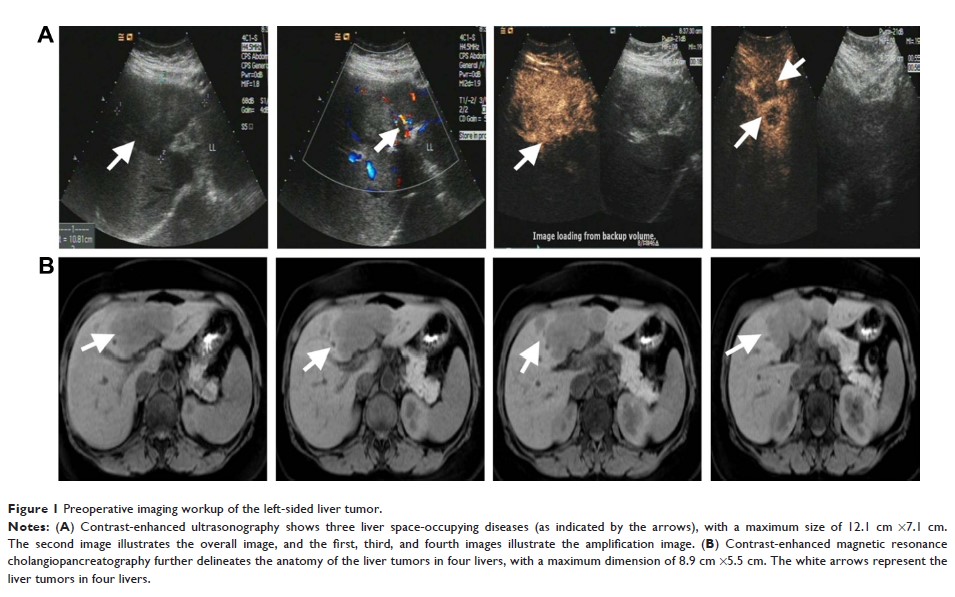9 7 8 1 6
论文已发表
注册即可获取德孚的最新动态
IF 收录期刊
- 3.3 Breast Cancer (Dove Med Press)
- 3.4 Clin Epidemiol
- 2.5 Cancer Manag Res
- 2.9 Infect Drug Resist
- 3.5 Clin Interv Aging
- 4.7 Drug Des Dev Ther
- 2.7 Int J Chronic Obstr
- 6.6 Int J Nanomed
- 2.5 Int J Women's Health
- 2.5 Neuropsych Dis Treat
- 2.7 OncoTargets Ther
- 2.0 Patient Prefer Adher
- 2.3 Ther Clin Risk Manag
- 2.5 J Pain Res
- 2.8 Diabet Metab Synd Ob
- 2.8 Psychol Res Behav Ma
- 3.0 Nat Sci Sleep
- 1.8 Pharmgenomics Pers Med
- 2.7 Risk Manag Healthc Policy
- 4.2 J Inflamm Res
- 2.1 Int J Gen Med
- 4.2 J Hepatocell Carcinoma
- 3.7 J Asthma Allergy
- 1.9 Clin Cosmet Investig Dermatol
- 2.7 J Multidiscip Healthc

射频消融治疗复发性肝内胆管细胞癌后的肝肺综合征:一份病例报告
Authors Wang Y, Ma K, Zhong A, Xiong Q, Chen J
Received 16 April 2015
Accepted for publication 25 June 2015
Published 2 April 2019 Volume 2019:12 Pages 2431—2438
DOI https://doi.org/10.2147/OTT.S86702
Checked for plagiarism Yes
Review by Single-blind
Peer reviewer comments 3
Editor who approved publication: Dr Jianmin Xu
Background: Radiofrequency
ablation (RFA) is one of the definitive treatment modalities for liver cancer
and has been increasingly used in the scenario of small-sized liver cancer. It
is generally believed that RFA is minimally invasive and associated with a
favorable safety profile in liver cancer patients. However, this interventional
technique is subject to some morbidity in high-risk patients, such as those
with complicating cirrhosis or a liver cancer located at a refractory segment.
Methods: Herein,
we report the case of a middle-aged woman who developed acute liver failure
with a complicating respiratory failure after RFA of recurrent intrahepatic
cholangiocarcinoma.
Results: A
diagnosis of hepatopulmonary syndrome was established. The patient was
hospitalized in the intensive care unit for mechanical ventilation. Finally,
the patient recovered from an eventful clinical course and survived free of
recurrence until the last follow-up visit at 1 year after the discharge.
Conclusion: Our case
report warns that hepatopulmonary syndrome, a less common morbidity secondary
to liver cancer RFA, should require timely identification and appropriate
management due to its life-threatening outcome.
Keywords: liver
cancer, radiofrequency ablation, acute liver failure, hepatorenal syndrome,
intensive care
